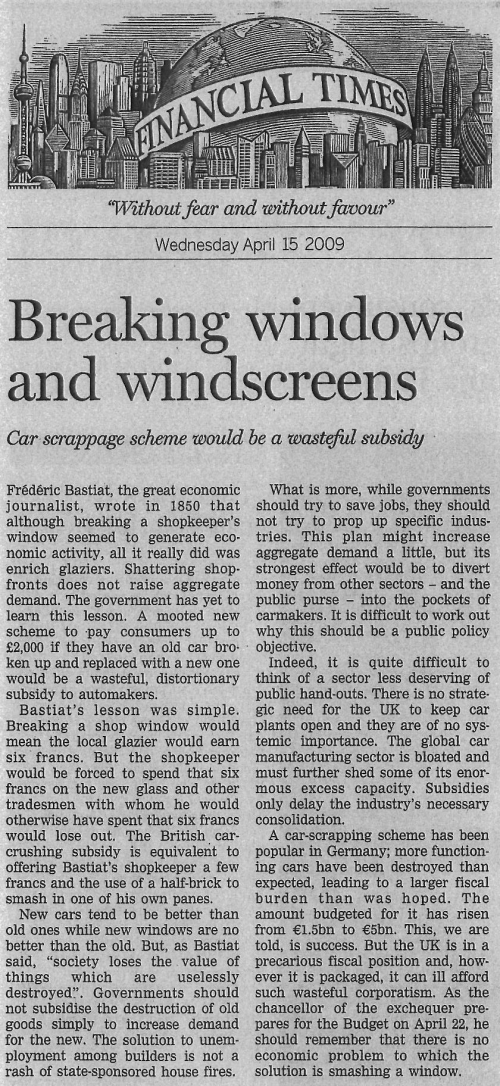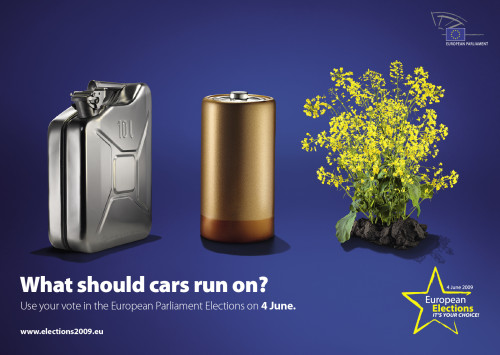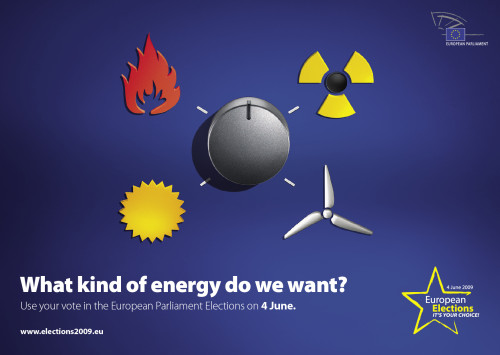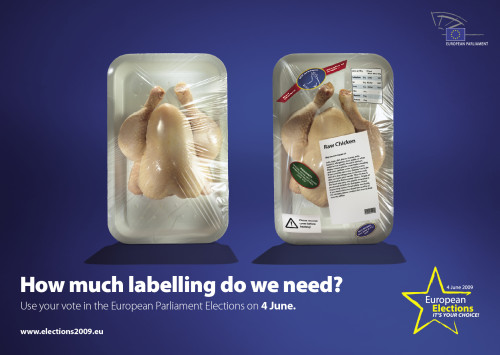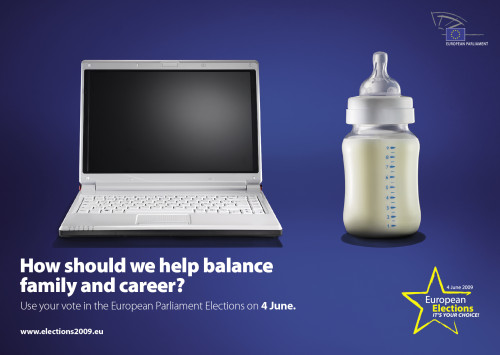Another calamitous consequence of Callamity's time at Ofgem
Submitted by Bruno Prior on Sat, 18/04/2009 - 00:32There is much talk in energy circles of the "capacity gap" - the shortfall between operating capacity and demand that may arise as a result of the imminent closure (mostly within 6 years) of many of our coal-fired and nuclear power stations.
Competitive markets don't work that way. If there is a good with highly inelastic demand, and supplies of that good are expected with reasonable confidence to run short in the future, investors will step in to produce more of the good. Why wouldn't that be happening (as much as required) within the electricity industry?
Some might like to blame it on a gap between the cost of new plant and the price that customers are willing to pay. But demand is pretty inelastic, remember. You can be fairly confident that an unregulated price would rise to the level that was needed to satisfy demand.
The VILE companies like to blame it on the projected increased capacity of intermittent power (like wind and wave) and the absence of a capacity payment to accompany it. A capacity payment is a charge paid to generators simply for having their capacity available, whether or not it is used. It provided nice bunce for the big two generators in the days of the Pool, and they'd like some more. And it's true that, if we have substantially increased capacity of intermittent power, let alone if we try to use more electricity for heat (with its strong seasonality), then dispatchable generation plant will be called more intermittently to balance supply and demand. If the plant runs fewer hours, it will be unable to recover its costs at current prices. A capacity payment would be one way of dealing with that, but it is a bad one (favoured by the lazy VILEs, who like money for doing nothing). A better way would be to allow peak and balancing prices to increase to allow the generators to recover their costs over the shorter operating hours, and provide an incentive on the demand side for consumers to try to reduce their peak demand (if they were exposed to prices that reflected variation in supply and demand through the day).
But the real reason is that we do not have a liquid traded market for electricity. You cannot get forward prices for electricity beyond about 3 years. For gas, you can go beyond 10 years. And volumes in the traded market are tiny. That means that it is very difficult for an independent generator to build a power-station to fill the gap. He won't have a liquid market to sell into, and he can't mitigate his risk by contracting (or at least seeing and hedging) forward prices.
That leaves it to the VILE companies to fill the gap, and they can use their dominance and reluctance to build sufficient new capacity (on whatever pretext) to pressure the regulator for things they want, like capacity payments, which will further embed their dominance.
So we may have blackouts within 6 years (although this is probably brinksmanship and the gap will be filled in the end). And all because Callamity chose to allow vertical-integration and destroy any prospect of a competitive, liquid traded market. However difficult, and however much they scream, we have to reverse this process, not only for the sake of a competitive energy market, but to reduce the power of the big corporations to steer policy to their advantage. Disintegrate the VILE companies.


 Fingers have been pointed in the direction of many different culprits for the critical condition of our economy. I am surprised that they have not been pointed more frequently at Sir Callum McCarthy. We don't need to swab him for gunshot residue; he is spattered in blood, holding a smoking gun.
Fingers have been pointed in the direction of many different culprits for the critical condition of our economy. I am surprised that they have not been pointed more frequently at Sir Callum McCarthy. We don't need to swab him for gunshot residue; he is spattered in blood, holding a smoking gun.